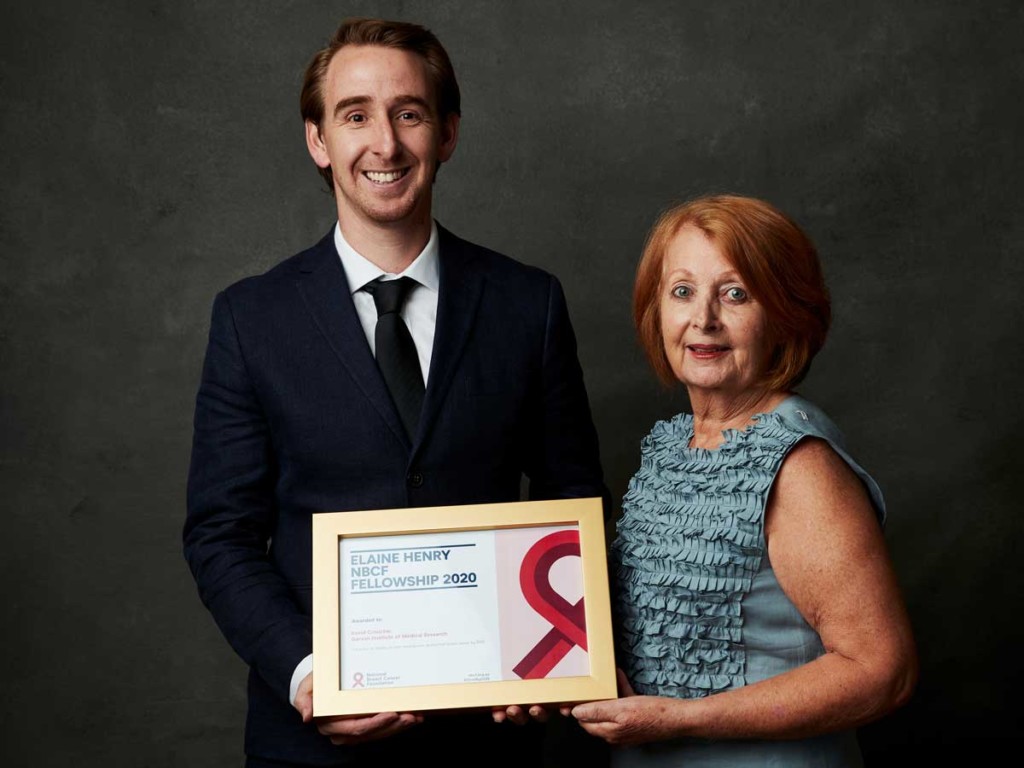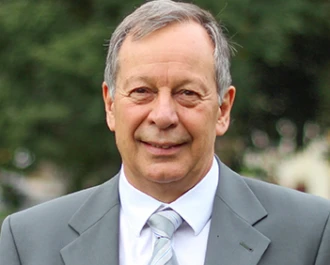
Up to one in five breast cancers are HER2 positive (HER2+). HER2+ breast cancers have high levels of the HER2 (human epidermal growth factor receptor 2) protein on the surface on each of the cancer cells, which may cause the cells to divide and multiply in an uncontrolled manner. Whilst treatment with the HER2-targeted therapy Herceptin has improved survival, a number of patients will develop resistance and relapse. As such, new-generation treatments are needed to counter this treatment resistance.
NBCF-funded researcher Dr David Croucher, from the Garvan Institute of Medical Research, has uncovered a new potential mechanism of resistance in HER2+ breast cancer and found a novel combination therapy which may help to overcome this treatment resistance. The research findings were recently published in the journal Breast Cancer Research.
In this new preclinical study, Dr Croucher and his team discovered that HER2 proteins interact with a broad variety of other proteins on the cell surface, which leads to molecular signaling events that can help tumours grow. In addition, these newly identified protein-to-protein interactions may allow the cancer cells to develop treatment resistance.
After these new discoveries, the researchers found that combination drug therapy (using new-generation HER2-targeted therapies, pertuzumab and lapatinib) can effectively target the protein-to-protein interactions to improve treatment response. Importantly, the combination of the two drugs was shown to be more effective at reducing tumour growth than either one alone. Their work indicates that the combination therapy may be a novel treatment approach for patients who have developed resistance to Herceptin.

NBCF-funded researcher Dr David Croucher and Elaine Henry OAM
“Although these preclinical research findings require further validation in clinical trials, the results indicate that pertuzumab and lapatinib combination therapy is synergistic,” explained Dr Croucher. “This may provide another treatment option to reduce tumour growth for HER2+ breast cancer patients in the future, including those who have progressed on Herceptin-based combination therapies.”
NBCF proudly supports the work of this research team, particularly funded investigators Dr David Croucher, Dr Neil Portman and A/Prof Elgene Lim. Dr David Croucher is also the inaugural recipient of the 2020 Elaine Henry NBCF Fellowship Award.
More News Articles
View all News


